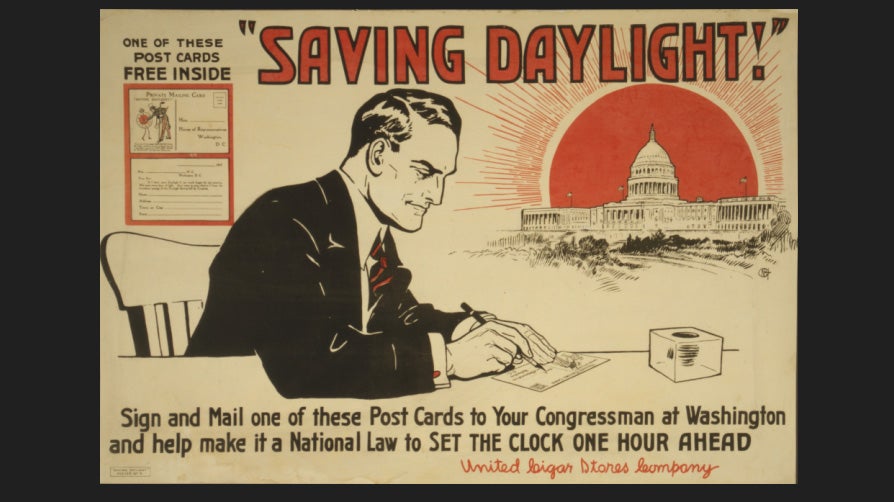Daylight Saving Time starts Sunday — Could it become permanent?
Published 10:00 am Friday, March 12, 2021
Spring ahead, fall back. The short saying is repeated twice annually by many as they try to remember whether to set their clocks ahead or back by one hour.
Daylight Saving Time 2021 begins Sunday morning, March 14, at 2 a.m. Anyone living in an area that observes DST — like Mississippi — needs to set their clocks ahead by an hour to have the correct observed time until Nov. 7, when DST will end and clocks will be turned back an hour.
Though the majority of North America and Europe observe DST, the majority of the rest of the world does not.
Earlier this week, U.S. Sen. Cindy Hyde-Smith (R-Miss.), of Brookhaven, partnered with Sen. Marco Rubio (R-Fla.) to reintroduce legislation to make Daylight Saving Time permanent across the entire United States.
If passed, the Sunshine Protection Act would negate the need for Americans to change their clocks twice a year and “give our nation’s families more stability throughout the year,” Rubio said.
“The public safety improvements, economic benefits and the wellbeing of the American people are all excellent and credible reasons to embrace year-long Daylight Saving Time,” said Hyde-Smith. “I know the agricultural sector in Mississippi and across the nation desires this change. I believe the Sunshine Protection Act would give us an immediate and long-term boost after a terrible pandemic year and a very dark winter.”
The time change has never really affected Dinki Davis’ business. As co-owner of Dude’s Hot Biscuits in Brookhaven — with husband Jimmy — a large portion of their business is done while the sky is still dark.
“Most people punch a time clock, so that doesn’t change for them or us,” Davis said. “As for myself, personally, it takes getting used to. We get up at 1:45 a.m., so the sun is still shining when it’s our bedtime.”
Emily Pollard, an elementary teacher at Enterprise Attendance Center, sees DST in a positive light — specifically the light of day.
“It gives us more time outside as a family in the afternoons,” Pollard said.
Potential effects of making DST permanent for the nation:
- Benefits the economy. According to a study by JP Morgan Chase, which found that there is a drop in economic activity of 2.2% – 4.9% when clocks move back.
- Benefits the agricultural economy, which is disrupted disproportionately by biannual changes in time by upsetting the synergy between farmers’ schedules and their supply chain partners.
- Reduces car crashes and car accidents involving pedestrians. Better aligning daylight hours to drivers’ standard work hours’ increases visibility, according to the American Journal of Public Health and the Journal of Safety Research. Also reduces the number of vehicle collisions with wildlife by 8-11% by shifting normal traffic patterns to an hour off from nocturnal wildlife’s behavior.
- Benefits health by reducing risks for cardiac issues, stroke and seasonal depression.
- Reduces childhood obesity and increases physical fitness. According to studies published by the International Journal Behavioral Nutrition and Physical Activity and the Journal of Physical Activity and Health, children see an increase in physical activity during DST. The Journal of Environmental Psychology found that DST increased pedestrian activity by 62% and cyclists activity by 38% because of additional daylight.
- Reduces the number of robberies by 27%, according to a 2015 Brookings Institution because of additional daylight in the evenings.
- Reduces energy usage. A 2008 study by the U.S. Department of Energy found that during the four weeks the United States extended daylight savings from the 2005 law, there were savings of about 0.5% in electricity per day. Later studies have also shown that the energy savings are minimal but a small savings does occur.






